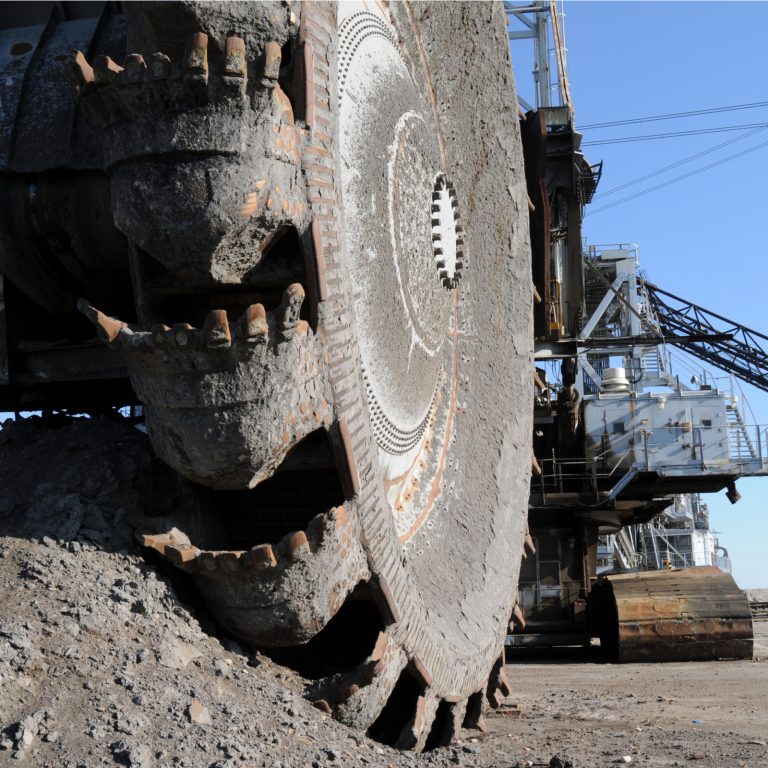
The migration of cryptocurrency miners to hydro-power abundant Quebec has been received cautiously lately, following an initial period over-exuberance on the part of local officials. The future for Quebec’s mining industry has since encountered a number of hurdles, from the province’s ability to supply power during the dry winter season to the often overlooked environmental tolls of producing hydropower.
Also Read: The Number of Cryptocurrency Exchanges Has Exploded
Hydro-Quebec Considers Suspending Power Provision to Mining Companies During Dry Season
 In recent months, the Canadian province of Quebec has sought to attract cryptocurrency miners, offering up cheap and abundant hydropower.
In recent months, the Canadian province of Quebec has sought to attract cryptocurrency miners, offering up cheap and abundant hydropower.
After initially boasting 5000 megawatts of surplus electricity, the province’s state-owned power company, Hydro-Quebec, has since taken a more cautious approach with regards to encouraging the proliferation of Quebec-based mining operations, after reconsidering its ability to satiate demand from both citizens and miners during the dry winter season.
Marc-Antoine Pouliot, a spokesperson for Hydro-Quebec, has described the dry season as the principal barrier to Hydro-Quebec’s capacity to meet the constant energy draw produced by miners, recently proposing that sanctions are placed on mining companies during winter.
“In Quebec, residential customers heat their homes with electricity. [As a] consequence, the demand can be very high when the temperature is below -20°C for a few days. We are now analyzing the effect of the [mining industry] on our winter peak. One of the solutions could be to oblige blockchain companies to suspend the activity during the winter.”
Canadians Concerned About Ecological Toll of Increased Power Consumption
 The Massachusetts Institute of Technology (MIT) has published an article claiming that the purportedly modest ecological footprint generated through Quebec’s power production has come under increasing scrutiny. Jeff Wells, a conservation biologist and researcher
The Massachusetts Institute of Technology (MIT) has published an article claiming that the purportedly modest ecological footprint generated through Quebec’s power production has come under increasing scrutiny. Jeff Wells, a conservation biologist and researcher



